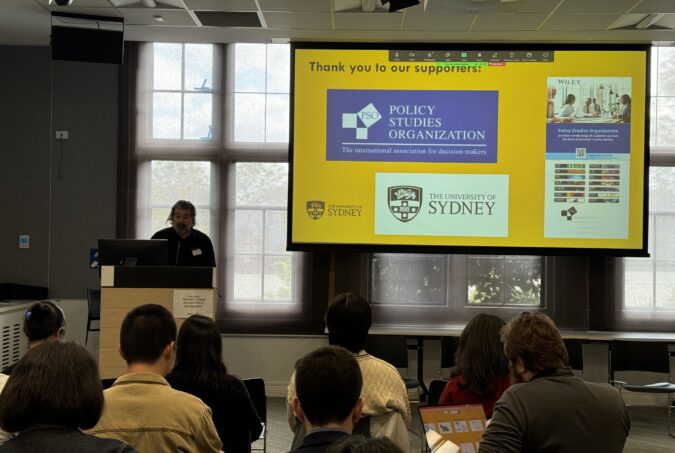Policy & Internet is a Q1 (Scimago) interdisciplinary journal exploring the societal implications of digital technologies and responses from governments, industry, communities and individuals. The journal was established at the University of Oxford in 2009, before moving to the University of Sydney in 2021 under the leadership of Associate Professor Jonathon Hutchinson. Working closely with the journal’s new Editor-in-Chief, Dr Joanne Gray, and Senior Editor, Milica Stilinovic, newly appointed Editors will be responsible for managing manuscript workflows, coordinating peer review, making editorial decisions, and shaping the intellectual direction of the journal. We welcome EOIs from scholars across disciplines, including early career researchers, who will be supported with mentorship in editorial processes, with a view to gaining important experience for long-term academic career progression. Indigenous scholars are also strongly encouraged to apply and will be given the opportunity to design and lead an editorial stream dedicated to Indigenous scholarship. Submit your EOI including a brief statement about your research expertise (~200 words) and CV (~2 pages) to j.gray@sydney.edu.au by COB Friday 23 May, 2025. This opportunity is currently open to University of Sydney academics only. About the journal Policy & Internet is a leading interdisciplinary journal exploring the societal implications of digital technologies and responses from governments, industry, communities and individuals. We explore both enduring concerns—such as privacy, digital divides and freedom of expression—and emerging issues such as misinformation, digital geopolitics and automation. We prioritise original research on how the Internet and digital technologies—everything from social media and AI to blockchain and virtual reality—reshape power, participation and everyday life. We welcome submissions from all disciplines to submit work that deepens understanding of the Internet and digital technologies, and the social, ethical, and political choices that shape them. For more, visit Wiley and the journal blog.
Policy & Internet is seeking expressions of interest (EOI) from academics interested in joining the editorial team to help lead the journal through its next phase of development.









